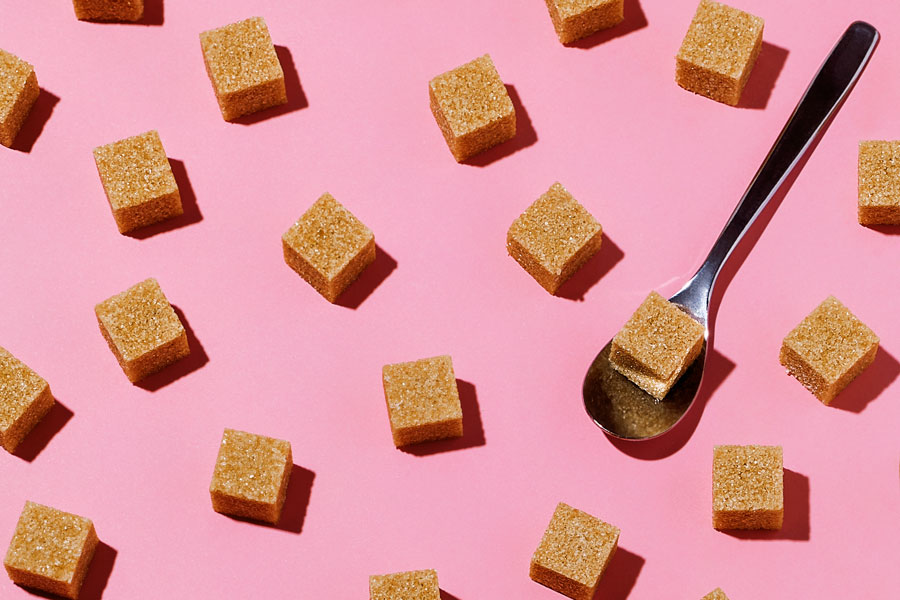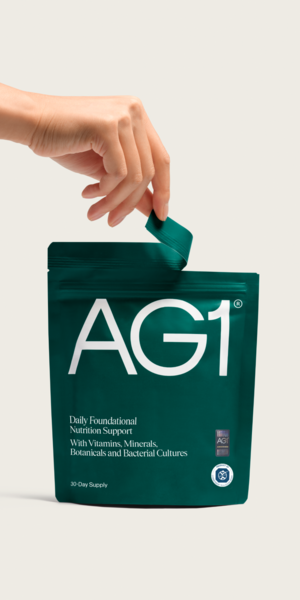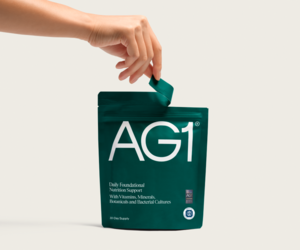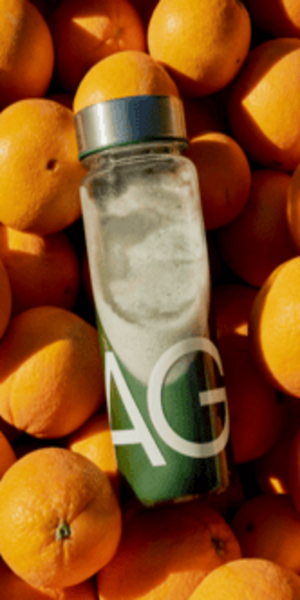Kicking the Sugar Rush…

In this latest book ‘Get Off Your Sugar: Burn the Fat, Crush Your Cravings, and Go From Stress Eating to Strength Eating’ Dr Daryl Gioffre teaches us all how to conquer our addiction to sugar and how to live a healthier sugar-free life. In this exclusive extract he explains why sugar is often the hidden enemy affecting so many parts of our lives.
We all know sugar is bad for us. We know it contributes to tooth decay and belly fat. You may know that the American Heart Association counsels folks to keep their sugar consumption low because of its tie to heart health. But still, we all eat it all day, every day, whether that’s in the forms we typically think of when we think of sugar—such as ice cream, cookies, and candy — or in its more hidden forms — in flavoured yoghurts, enhanced waters, and condiments. Why can’t we cut the cord on something we know is damaging us?
The reason that sugar is so hard to quit is because it is addicting. In fact, a peer-reviewed study published in the journal PLoS One showed that sugar is eight times as addictive as cocaine! The cold-turkey approach — while noble and attention- getting — is just too steep a mountain to climb.
The real problem with sugar isn’t that it’s delicious, it’s that it completely over-rides your body’s programming for health. It hijacks your hormones and your brain and makes you not just crave sugar but actually need it on a cellular level to keep going. And like any true addiction, it’s nearly impossible to beat with willpower alone.
Sugar creates the problem — the exhaustion, the accelerated ageing, the loss of libido, the achy joints — and then appears to offer the solution to the problem — the hit of energy and a fleeting sense of being invincible. It’s an attempt to quiet a craving that makes the next round of cravings only worse.
When new clients come to see me at my Park Avenue Wellness Center in New York City or Newport Beach, they tell me they feel like they’re ninety years old, even when they’re only in their late thirties or early forties. In addition to their stiff joints and nonexistent sex drive, they’re often struggling with perimenopause symptoms. Their hair lacks luster. Their skin is dry and noticeably wrinkled. They’ve put on weight that has accumulated around their middle and doesn’t seem to budge no matter what they do. They are finding it harder and harder to will themselves through their busy days.
You know sugar’s bad for you. You want to stop. You just don’t know how.
In nearly every case, when I ask them to write down what they’ve eaten in the last forty-eight hours (an exercise I’ll walk you through in the book), we find that they are stress eating with loads of sugar — sugar in the morning to get going, sugar at lunch to stay motivated, sugar in the afternoon to pull themselves out of a slump, sugar at night to celebrate having gotten through the day. They don’t even realise just how much sugar they’re eating and how addicted they’ve gotten.
The thing is, being addicted to sugar is not your fault. Sugar is hidden in nearly every processed food. It creates its own self-perpetuating cycle of cravings. And it makes your body work harder just to keep going. Sugar is not just ingrained in our brain, it’s baked into our culture. We turn to sugar when we’re celebrating and when we’re sad; when we need a pick-me-up in the afternoon and when we’re relaxing in the evening with a pint of Ben & Jerry’s. There’s always some sugar-based treat that’s the latest craze, whether it’s fruit smoothies, cupcakes, or donuts. Heck, you can hardly buy a pair of kid’s pyjamas that doesn’t have some kind of sweet treat on it. Sugar really is as American as apple pie. It’s also a drug that no one realises is a drug.
It’s no wonder so many of us are struggling with it.
You know sugar’s bad for you. You want to stop. You just don’t know how. Just because being addicted to sugar isn’t your fault doesn’t mean there’s nothing you can do about it. But it takes more than just wanting to stop. You’ve also got to know how to do it. And very, very few people have ever been taught how to outsmart sugar and give their body what it needs to grow out of its addiction. This book aims to change all that.
Creating lasting change in your sugar habits and health is possible. When I finally kicked my decades-long sugar addiction, it actually wasn’t hard, once I altered my strategy. When I finally began doing things differently, I started off slowly, with just a small change here and there. I ditched the deprivation mindset that left me addicted nearly my entire life. Instead, I added more healthy foods, and with time, the good stuff started crowding out the bad. Every step I took gave me more energy and reduced my cravings. And that’s how I got off my sugar.
Get Off Your Sugar: Burn the Fat, Crush Your Cravings, and Go From Stress Eating to Strength Eating by Dr Daryl Gioffre (Hachette Go, £14.99) is available now.












